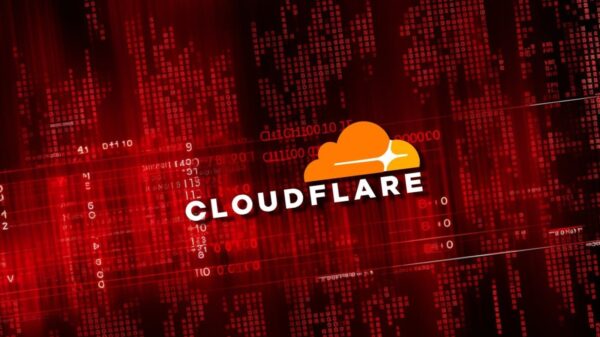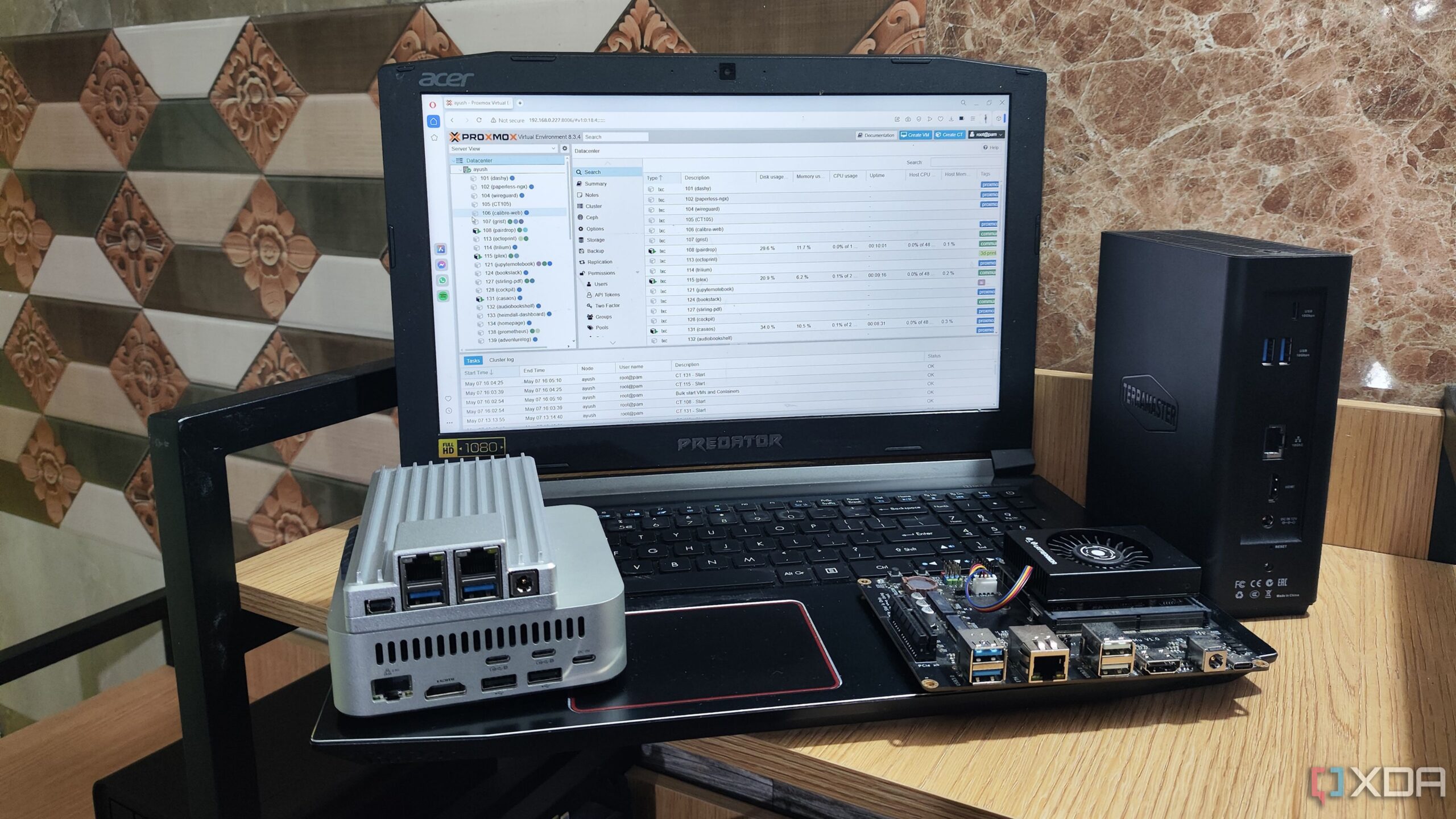UPDATE: In a surprising turn of events, self-hosting enthusiasts are reporting widespread dissatisfaction with popular services, leading many to abandon their setups. Just hours ago, users shared their experiences with five prominent self-hosted solutions that ultimately fell short of expectations, igniting discussions across tech communities.
The urgency of this situation cannot be overstated. As more individuals experiment with self-hosted services to regain control over their data, failures in reliability and functionality are prompting immediate reconsideration. The fallout is significant—users are now questioning the viability of these alternatives to mainstream platforms.
Nextcloud, heralded as a potential replacement for corporate cloud services, has disappointed many with persistent sync issues. Users hoped for seamless file access and effective integration with calendar and document functions, but these problems ultimately led to frustration. One user stated, “For now, my $0.99 storage subscription with Google Drive is more reliable, despite my desire to break free from corporate systems.”
Another service, Plex, once a staple for home media servers, is facing backlash for introducing unnecessary paywalls and privacy concerns. Users are shifting to alternatives like Jellyfin, which eliminates the bloat and subscription fees associated with Plex, allowing for a more streamlined experience entirely on local networks.
Password management is also under fire. Users who attempted to self-host their vaults through Bitwarden encountered significant setbacks, especially while traveling. A user recounted a harrowing experience of losing access to critical saved passwords due to sync failures when their home server went offline. “The convenience of the first-party Bitwarden solution started to look much more appealing,” they noted.
Pi-hole, marketed as a network-wide ad-blocking solution, has frustrated users with crashes and high CPU usage. Reports indicate that while it can function well, the troubleshooting required during outages has led many to seek alternative DNS solutions. One user lamented, “After multiple hiccups in service, I can no longer rely on Pi-hole.”
Lastly, attempts to run a personal email server have left users disillusioned. After an arduous setup process, the realization of being solely responsible for maintaining uptime has proven daunting. The risk of missing important communications due to downtime has driven users back to established services like Gmail, with many acknowledging that convenience often trumps privacy.
As this trend develops, tech enthusiasts are urged to share their experiences and seek more reliable solutions. The conversation is growing, and many are eager to find self-hosted options that can truly deliver on their promises without significant drawbacks.
What’s next? Users are likely to continue exploring alternatives, sharing their findings, and refining their self-hosting strategies. This ongoing discourse will shape the future of self-hosted services and could lead to the emergence of more dependable options that meet the needs of those seeking autonomy without compromise. Stay tuned for further updates as this story unfolds.





































































